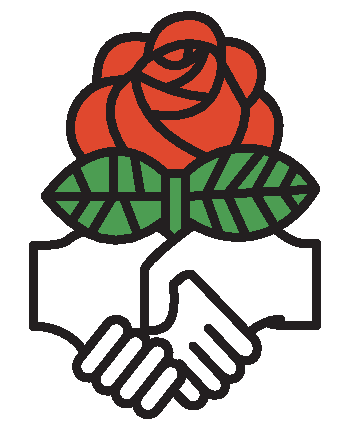Strategies for Preventing and Combating Trafficking in Women
Vienna, Austria, 29 April 2006
Declaration
Trafficking in human beings is the most profitable business of transnational organised crime. Seven billion US dollars, much more than the selling of arms and drugs, are yielded. Victims of trafficking are sexually exploited, forced into slave or bonded labour, into marriages, or having organs forcefully removed. An estimated 700.000 women and girls are trafficked every year; half a million women are trafficked into EU member states alone every year.
International cooperation of the judiciary and the police has to be strengthened in order to fight organised crime. At the same time attempts have to be made to improve the economic situation of women in the countries of origin. Economic independence of women would ensure they are not easy prey for traffickers. Enhanced political and economic cooperation with the affected states is needed. Support and help for victims of trafficking in the countries of destination must be accelerated by implementing the relevant EU directive by 6 August 2006.
Socialist International Women therefore:
- calls on international organisations to initiate cooperation with NGOs in order to draft international action plans serving as a guideline for binding legislation and international action and taking into account the recently adopted action plan of the Council of the European Union which should now be implemented;
- calls on governments and international organisations to provide the necessary funds for the implementation of such action plans;
- calls on its member organisations to initiate cooperation with other NGOs and government authorities in order to draft a National Action Plan, which will serve as guideline for binding legislation and institutionalised action;
- stresses the need for a national coordinator to be appointed by the respective governments to be responsible for the development and implementation of the National Action Plan. The necessary legislative measures must be taken to equip the coordinator with ample logistic and political support of the relevant ministries;
- demands that a national rapporteur be appointed who has the legal right to collect and evaluate data and information on trafficking in human beings. All relevant facts, data and other information shall be collected and presented to the parliament. This will constitute a move from reactive to proactive measures;
- urges governments to grant women victims of trafficking a stabilisation period of 30 days during which they are not forced to give testimony and must be informed by the authorities of their rights and be covered by social security;
- underlines that at the end of the stabilisation period those women who are prepared to cooperate with the authorities should be given a residence and work permit;
- notes that measures must be taken for witness and victim protection programmes for those involved in lawsuits and during court proceedings. The name of the victim should not be made public to the accused or their lawyer, nor should the home address and location of witness protection facilities be mentioned at the time of the proceedings. The victim should be informed of the possibility of being questioned separately;
- stresses that in criminal law the notion of aiding and abetting of trafficking must be extended and made a punishable offence;
- calls for sentencing clients of victims who knowingly and intentionally exploit the predicament of a trafficked woman to either charitable work – definitely not in victim support institutions – or to a fine, which should be earmarked for such institutions;
- calls for the presence of specially trained personnel during police and judicial questioning. To this end training of judges, prosecutors and police staff must be improved. Furthermore specially trained interpreters should be made available;
- underlines that the dimension of the fight against trafficking of human beings and their sexual exploitation must be given greater attention and consideration. Support for those wishing to voluntarily return and re-integrate in their countries of origin must be provided as 80% of victims wish to return to their countries. This must be done in cooperation with local NGOs or authorities;
- calls on governments to sign and ratify the UN Palermo Protocol to Prevent, Suppress and Punish Trafficking in Persons, Especially Women and Children, supplementing the United Nations Convention against Transnational Organised Crime and the Council of Europe Convention on Action against Trafficking in Human Beings.
In conclusion Socialist International Women calls for relevant political measures beyond the judiciary to end violence, stop trafficking in human beings and simultaneously support the economic independence of women. Therefore, a widely publicised campaign against trafficking of women on national and European level is urgently needed.

